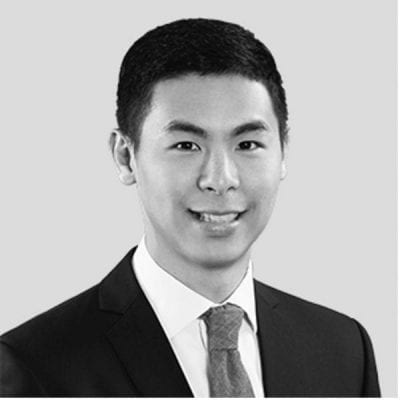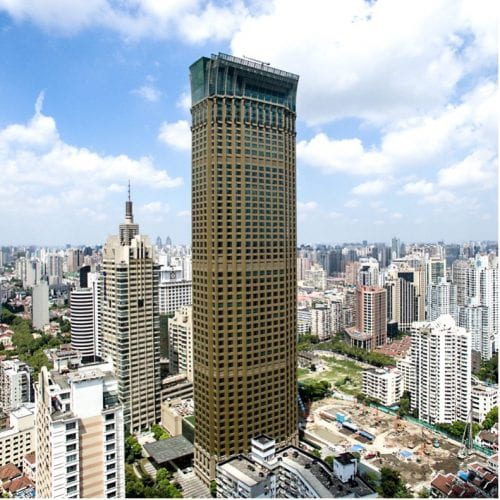
Justin Wai has built a successful career at the world’s largest alternative asset manager, Blackstone, and is currently their Senior Managing Director and Head of Greater China Real Estate. After graduating from the Cornell Hotel School in 2006, he joined Macquarie Bank’s real estate investment banking group before moving to Blackstone in 2007. This year is Mr. Wai’s fifteenth with the firm, giving him unique insight into how Blackstone has adapted to different economic climates, how the structure of the firm and his role have changed over the years, and how the real estate market in China, and other parts of Asia, has grown and developed.
Blackstone is the largest alternative asset manager in the world, with assets under management nearing a staggering US$1 trillion. The firm invests in a range of assets, from real estate to private equity, credit, and hedge funds. Real estate represents approximately one third of the firm’s assets under management, which makes Blackstone one of the largest owners of real estate in the world, and in almost every sector of the real estate industry.
Mr. Wai has played a pivotal role in the creation and development of the extensive portfolio of logistics assets for Blackstone in Asia. This sector represents a large portion of Blackstone’s real estate portfolio in the region and has seen tremendous growth since the rise of e-commerce and onset of the pandemic. This logistics portfolio was one of five specific deals that Mr. Wai used to illustrate the due diligence process for Cornell students. Blackstone’s joint venture deal with one of the largest residential developers in China was a fantastic example that showed how firms can use their complementary skills to find synergies when working together. Blackstone’s logistics and global experience plus the developer’s greenfield development expertise made the two a powerful team, and the two are still partnered in this US$1 billion Chinese logistics venture today.

Garden Square Shanghai – An example from Mr. Wai
Mr. Wai was able to provide interesting insight from the perspective of an investor as large as Blackstone. When he first started at Blackstone, he would regularly evaluate deals between US$50-100 million, but over time the firm became involved in much larger transactions, such as the recent $1.2 billion acquisition of a trophy logistics park in China, which Wai led personally. At a certain point, the firm even had to start building platforms for sectors that Blackstone has strong conviction in, such as China’s DragonCor logistics operation platform, which is a separate entity owned by Blackstone to operate its vast logistics portfolio in China. Having the opportunity to hear about these strategies, unique to the few firms approaching Blackstone’s size, was very valuable in illustrating how these firms reinvented themselves as they continued to grow.
One major takeaway from the discussion with Mr. Wai was the top-down culture at Blackstone, which has allowed the firm to remain so successful. He emphasized how the work culture is never stagnant; there is a commitment to always stay vigilant and use innovation to generate value for its investors. In addition, when asked about hiring practices and entry-level roles at Blackstone, Mr. Wai discussed the firm’s emphasis on hiring genuine and hardworking individuals who fit into the culture of positive reinforcement. He went on to add that a large contributor to Blackstone’s success is the simple fact that they have a deep commitment to positive professional interactions with clients, sellers, service providers, and anyone else involved in the deal process.
This was following a conversation about how Blackstone has changed over the years. Mr. Wai described how, despite intense growth, the firm’s core values have always remained the same. Even now, Blackstone operates differently than other global firms by having a single investment committee for all regions, allowing senior leaders of the company to remain very active in decision-making regardless of geographic location. He touched on the fact that the collaborative culture and a genuine emphasis on ‘being nice’ have persisted throughout his tenure at the firm. Cornell students saw proof of this culture in Mr. Wai’s generosity with his time, and his thoughtful answers to each question asked of him throughout the lecture.
